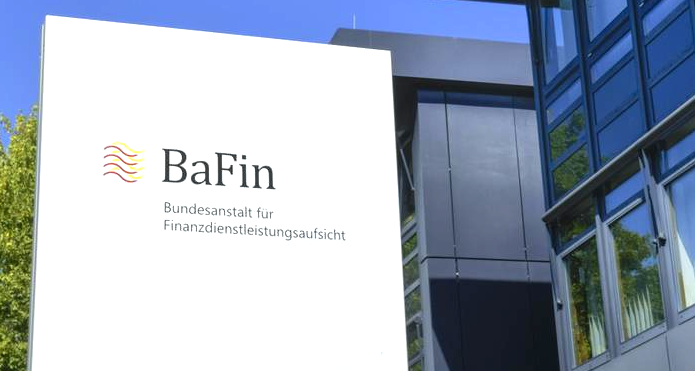
German Financial regulator Bafin wants to put a stop to excessive costs in life insurance. High costs do not always mean an appropriately increased return, according to dpa-AFX.
We have sufficient examples that there is no clear link between high costs and high returns.
Germany’s top insurance supervisor Frank Grund
The return on the classic pension plan refers only to the savings portion after deducting acquisition and administrative costs, among other things.
Bafin found a “considerable spread” in particular of distribution costs among life insurers.
We are now focusing on the worst quarter in each case: we want to take a closer look at the 25% of companies with the highest total costs and the highest distribution costs. In the case of individual companies, we are already scrutinizing their cost structures very critically
Deutsche Presse-Agentur
Based on the investigation, the financial regulator has presented a draft leaflet. According to it, old-age provision products should with “sufficient probability” achieve a return after costs that is above a long-term inflation expectation of 2%.
Consumers rightly expect a return after costs that is higher than long-term inflation
Dorothea Mohn of the Federation of German Consumer Organizations (vzbv)
It is good if Bafin reviews products for costs and incentives and wants to deal with outliers, said a spokesman for the insurance association GDV. But he added that it was too short-sighted “to look solely and exclusively at returns in life and pension insurance.”
He added that they offer protection during the savings phase and, in the case of annuitization, the security of receiving a guaranteed payment until the end of one’s life.
After evaluating comments from companies and associations on the fact sheet, Bafin plans to publish its guidelines on cost design, which it will base its supervisory practices on.
Consumer advocates are also calling for a ban on acquisition commissions paid by insurance companies to insurance agents and brokers for brokering life insurance policies.
Brussels is currently discussing a commission ban in the European Union. Grund would not like to see such a ban for the German market “because it would only reflect it inadequately. Good advice is important and must also be paid accordingly,” said Bafin.
The Federal Financial Supervisory Authority (Bundesanstalt für Finanzdienstleistungsaufsicht) better known by its abbreviation BaFin is the financial regulatory authority for Germany. It is an independent federal institution with headquarters in Bonn and Frankfurt and falls under the supervision of the Federal Ministry of Finance. BaFin supervises about 2,700 banks, 800 financial services institutions, and over 700 insurance undertakings.
Similar to bank supervision, the Insurance Supervision Law (VAG) requires insurance companies to receive and maintain their business with the approval of BaFin, and the conditions are similar to those of banking supervision.
BaFin supervises insurance companies (including pension and burial funds), holding companies, security, and pension funds. This excludes insurers that operate in only one province. These are subject to supervision by the competent local authority.
The supervisor shall include the monitoring of security assets and solvency to ensure that insurance contracts can be met. BaFin also monitors in general compliance with all laws applicable to the operation of insurance businesses.
by Yana Keller




